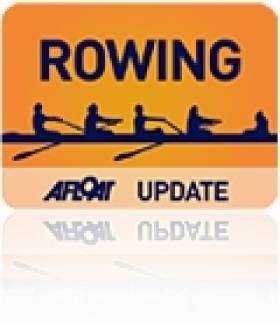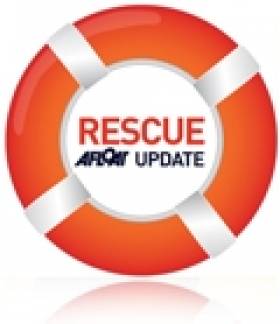Displaying items by tag: engines
Portlaoise Gardai Recover Boating Equipment and Engines
#Rowing: Boating equipment worth €150,000 has been recovered by gardaí investigating the theft of boat engines. The haul included 74 outboard engines, ten boats and eight boat trailers. The public is asked to access the Garda social websites or ring 057 8674100 to arrange viewing.
There have been a number of thefts of engines and equipment from rowing clubs and the National Rowing Centre in recent years.
Thieves Take Engines from Volunteer Rescue Unit
#RESCUE - The Killaloe/Ballina Search and Recovery Unit in Co Clare has been left reeling after the engines powering its specialist dive boat were stolen recently.
According to the Irish Examiner, the 18-strong volunteer search team were "gutted" when they turned up for training on Wednesday to find thieves had broken into the boathouse and made off with two 90HP Honda engines, worth €15,000 each.
Chairman Tony O'Brien commented: "The boat is well marked and clearly identifiable so whoever took these engines knew what they were taking and that they were stealing from a volunteer community group."
O'Brien described the theft as a "sick act" and emphasised that "lives are being put at risk".
Anyone who might have information regarding the theft is urged to contact gardaí in Killaloe at 061 620540 or the Garda confidential line at 1800 666 111.
The Irish Examiner has more on the story HERE.
British Boat Users Sailing Abroad Risk Fines Over Red Diesel
#NEWS UPDATE - British boat users are risking big fines if they sail their craft outside UK waters due to new laws on the use of red diesel, the Daily Telegraph reports.
New laws coming into force on 1 April "will require anyone moving into international waters to sign a declaration that their boat is not being powered by red diesel".
Red-dyed diesel is used by farmers and commercial fishermen throughout the UK at a lower rate of duty. It is also widely used by recreational boaters and yacht owners, as is green diesel by Irish pleasure boaters, though such users have been required to pay the full rate of tax for a number of years now.
However, the European Union is now clamping down on the use of dyed diesel.
The decision by Brussels is causing consternation among the yachting community, which argues that unmarked or 'white' diesel is not widely available in harbours and marinas.
And concerns remain over the presence of biofuels in white diesel which, as previously reported on Afloat.ie, can be harmful to marine engines.
The Daily Telegraph has more on the story HERE.


























































